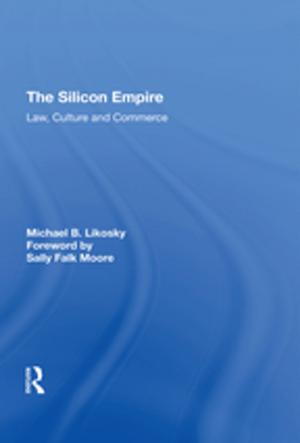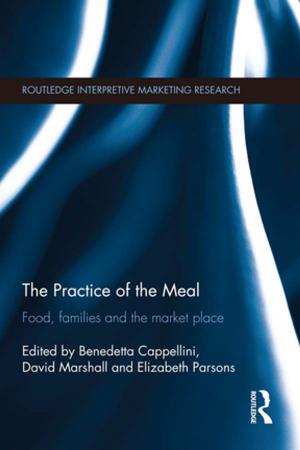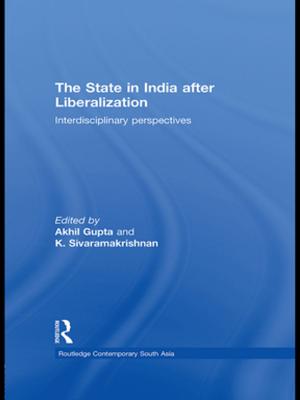| Author: | Joseph Canning, Hartmut Lehmann | ISBN: | 9781351909495 |
| Publisher: | Taylor and Francis | Publication: | May 15, 2017 |
| Imprint: | Routledge | Language: | English |
| Author: | Joseph Canning, Hartmut Lehmann |
| ISBN: | 9781351909495 |
| Publisher: | Taylor and Francis |
| Publication: | May 15, 2017 |
| Imprint: | Routledge |
| Language: | English |
The fourteenth, seventeenth and twentieth centuries in European history were marked by exceptionally intense experiences of power, violence and mass death. Power, Violence and Mass Death in Pre-Modern and Modern Times undertakes the ambitious and entirely new task of analyzing, through comparison, the importance of power, violence and mass death in these centuries. Death and the excesses of power were characteristics of the twentieth century, but this volume teaches about the causes and possible consequences of this oppressive individual and collective experience. We now have a more established historical perspective for understanding the importance of power and the causes and results of the rapid increase in mortality in the fourteenth and seventeenth centuries. In this way, this volume makes progress towards reaching new perceptions of all three 'crisis' epochs. Appealing to a wide readership, Power, Violence and Mass Death in Pre-Modern and Modern Times will be of interest to scholars not only of the three centuries highlighted, but also to anyone with an historical and sociological interest in the larger questions raised about the nature of power, violence and mass death on European society.
The fourteenth, seventeenth and twentieth centuries in European history were marked by exceptionally intense experiences of power, violence and mass death. Power, Violence and Mass Death in Pre-Modern and Modern Times undertakes the ambitious and entirely new task of analyzing, through comparison, the importance of power, violence and mass death in these centuries. Death and the excesses of power were characteristics of the twentieth century, but this volume teaches about the causes and possible consequences of this oppressive individual and collective experience. We now have a more established historical perspective for understanding the importance of power and the causes and results of the rapid increase in mortality in the fourteenth and seventeenth centuries. In this way, this volume makes progress towards reaching new perceptions of all three 'crisis' epochs. Appealing to a wide readership, Power, Violence and Mass Death in Pre-Modern and Modern Times will be of interest to scholars not only of the three centuries highlighted, but also to anyone with an historical and sociological interest in the larger questions raised about the nature of power, violence and mass death on European society.















